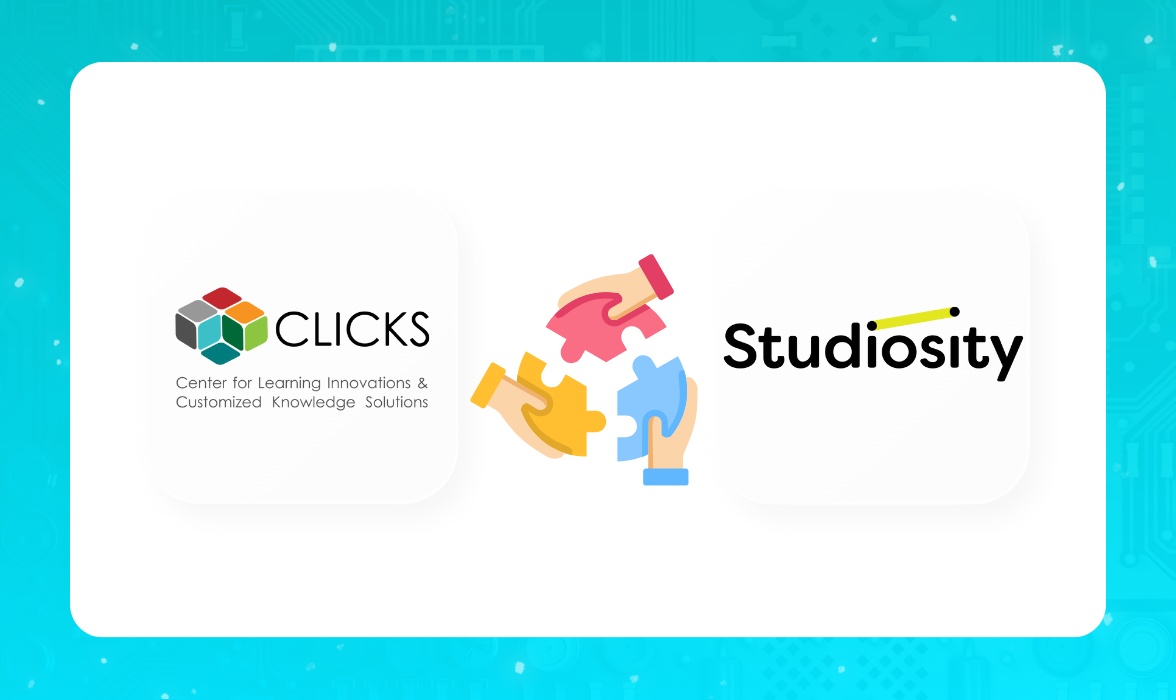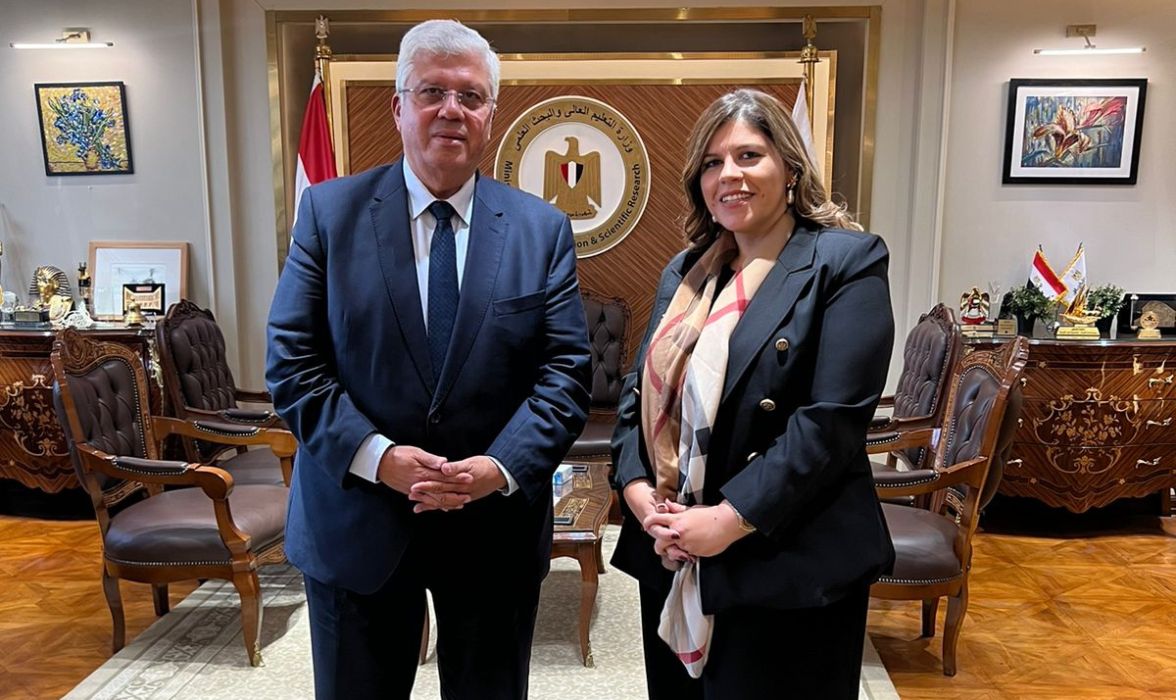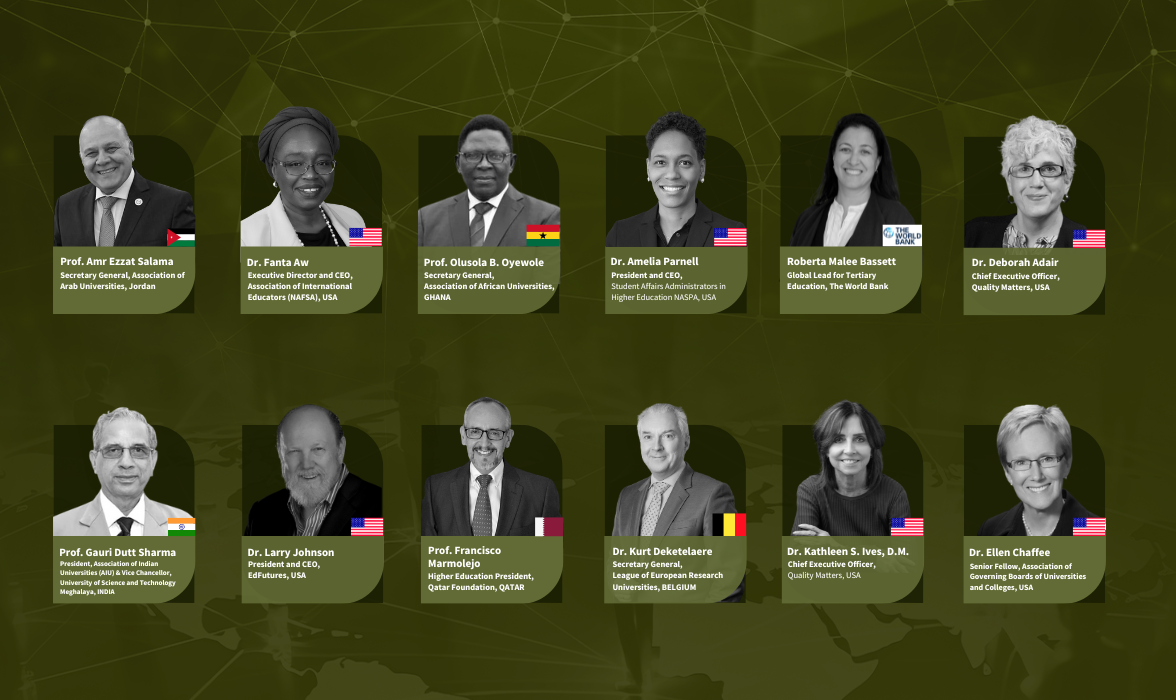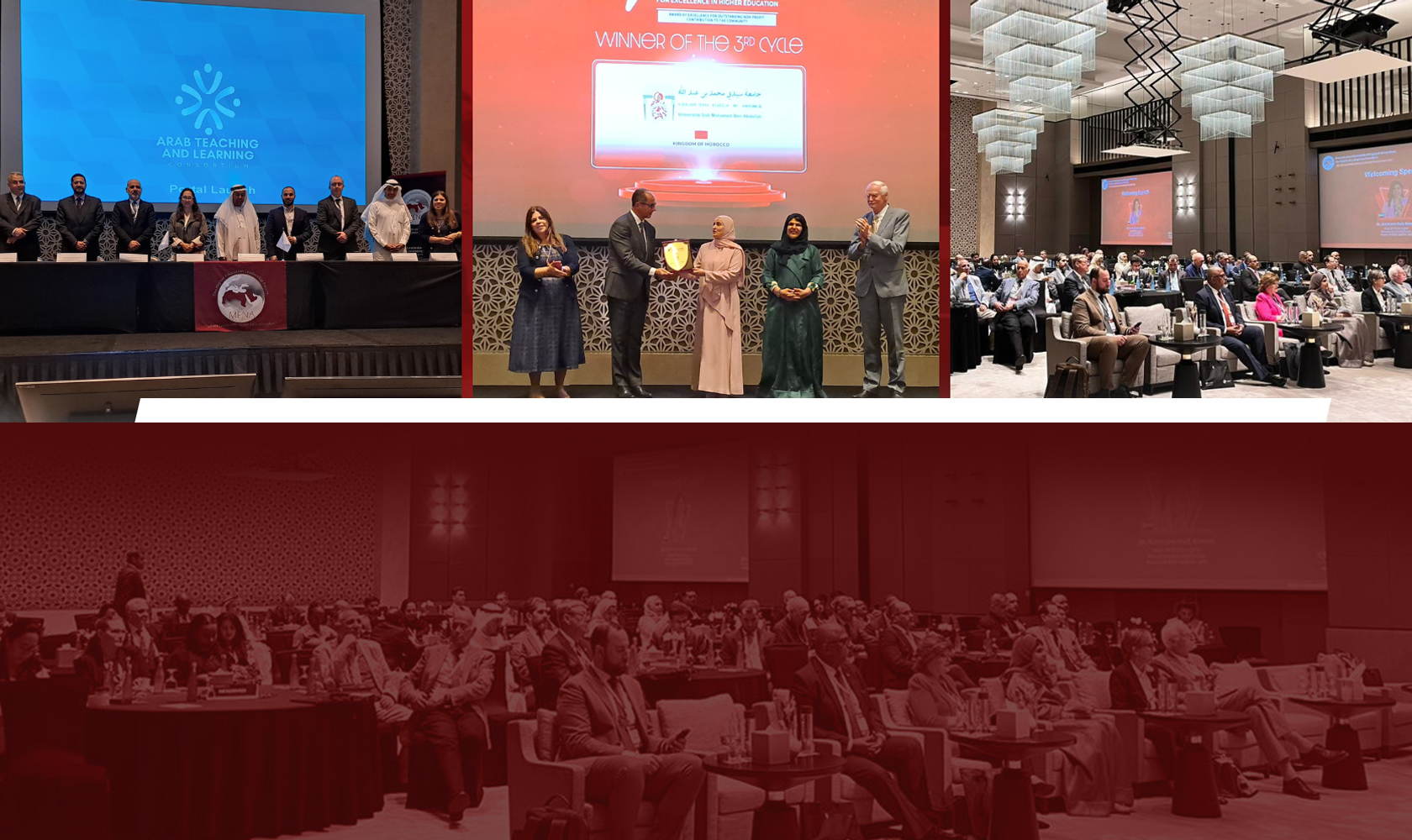Date: 7th & 8th December, 2022
Time: 11:00 AM – 15:00 PM UAE Time
Early Bird Fee: 643 AED (175 USD) (for registrations fully completed prior to November 01, 202
Workshop Fee : 735 AED (200 USD) (for registrations after November 01, 2022)
Overview
Writing for publication is key to any academic’s career. It is also increasingly important at higher levels as institutions of higher education seek to gain recognition in global ranking systems which consider research outputs as a criterion for inclusion.
Doing research and writing up findings in a form that will be accepted for publication in recognised and accredited journals is not easy however. Often academics are able to complete a research project but then stall at the writing stage.
This workshop draws on research which shows that writing is not about learning something and then writing that learning down but rather a process of learning as the writing takes place. The idea that writing is about learning makes a huge difference to the task of needing to conduct research and publish articles from it. This online workshop draws on the idea that writing is a tool for learning to show participants how writing can be built into the research process itself. Doing research and writing about the insights and findings gained from that research are thus a single process all involving learning.
The workshop will introduce participants to a process that begins with informal ‘for oneself’ writing which aims to discover what it is that needs to be said. Writing informally takes the pressure off writers by allowing them to focus on ‘big ideas’ rather than formal aspects of language use. This is really important for anyone who is writing for publication in an additional language.
The workshop then moves to showing how writers can move from writing for themselves to writing for others (i.e. for journal reviewers, editors and readers). This second step in the writing process involves identifying the readership and thinking about what it is they know, don’t know and want to know so a piece of writing is crafted for their needs. The workshop will therefore include a session where participants are invited to analyse the aims and scope section of journals they want to write for to see what it is the journal editors are looking for when they review a submission for publication.
The final part of the writing process introduced in this workshop will focus on the formalities of the written article, the style and conventions expected by journals. All too often, writers begin with this third stage of the writing process rather than leaving it until the end. While getting the formalities right is important, focusing on the conventions of writing too early can mean that ideas are not developed as thoroughly as they could be.
The workshop therefore introduces a writing process, itself based on rigorous research conducted over a period of about fifty years, that combines writing with the research process itself in a way that takes the pressure off writers and, ultimately, will make writing more enjoyable.
Submitting a completed article to a journal is not the end of a writing process, however. The article will be sent out for review and comments from reviewers will need to be incorporated into a revised version of the article. Sometimes, authors may not agree with comments made by reviewers and this may then require an engagement with the journal editor. Sometimes, the review will result in the paper being rejected in which case comments from reviewers can still be useful in developing a further draft of an article to submit to a different journal. Submitting to a different journal will, however, require the author to identify the needs of the readership of the new journal and re-craft the article to meet those needs as well as address comments made by previous reviewers. The workshop will therefore include a session on the reviewing process and offer advice on how comments from reviewers can be used constructively to revise an article.
The need for increased research outputs at institutional levels means that heads of departments and deans need to be able to mentor academics and foster research and writing activities. The final session of the workshop will therefore look at the way these institutional leaders can draw on what has been discussed to design further activities for their staff.
Workshop Objectives
By the end of the workshop participants will be able to:
- Use writing as a tool for learning as they conduct a research project
- Identify the needs of a potential audience of their writing and craft their work to meet those needs
- Meet the formal requirements for submission for journals
- Work constructively with the formal review processes of journals
Key Topics
The workshop will be offered in the form of a number of interrelated sessions as follows:
Session 1: Introducing a process approach to writing
- Why writing is learning – a brief review of what all the research on writing has told us
Session 2: Working within a process approach
- Writing to discover ideas and the links between them
- Identifying the needs of an audience
- Crafting a piece of writing for an audience
- Meeting the expectations of a journal with regard to style and conventions
Session 3: Dealing with reviews
- An introduction to the reviewing process
- Incorporating comments into a revised version
- Responding to editors when comments are contested
Session 4: Taking workshop learning further
- Drawing on insights from the workshop to design activities at departmental, faculty and institutional levels
Who is this Workshop for?
- Academics interested in research and writing for publication
- Heads of departments and deans with responsibility for mentoring academics as researchers and writers
- Research managers and directors in institutions of higher education
Workshop Facilitator

Prof. Christine Marry Boughe
CLICKS’s International Associate,
Former Deputy Vice Chancellor, Academic & Student Affairs Rhodes University, South Africa
Read More







